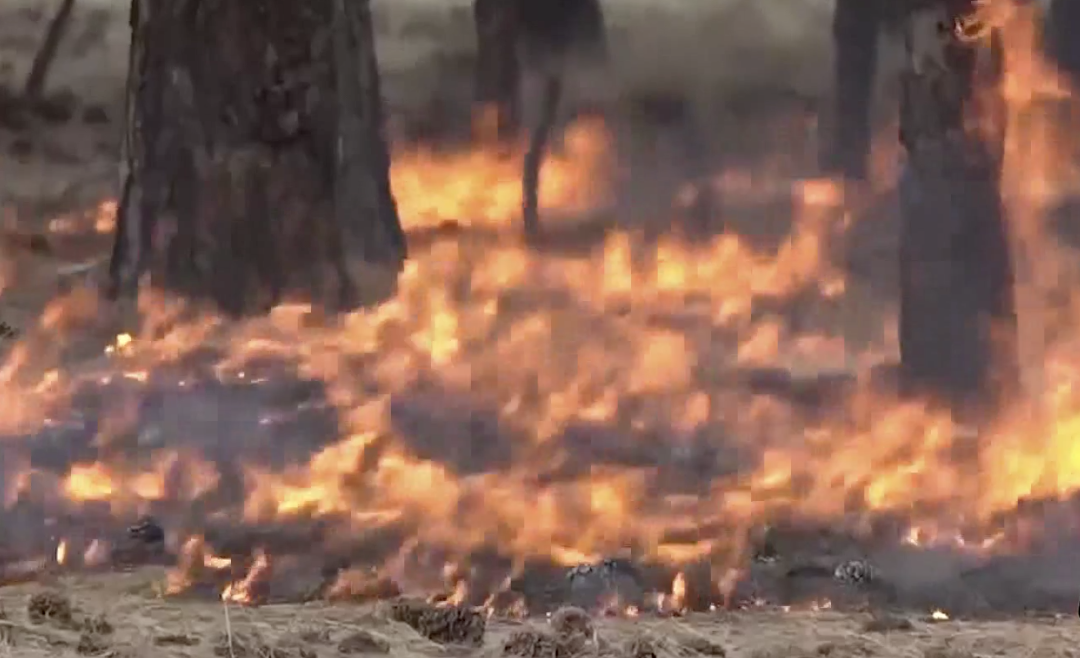Oregon’s new wildland-urban interface, statewide wildfire risk map to be available Thursday

SALEM, Ore. (KTVZ) —The wildland-urban interface and statewide wildfire risk map will be available through the Oregon Explorer online tool on Thursday, as required by Senate Bill 762, passed in 2021. The map is a tool to help inform decision-making and planning related to mitigating wildfire risk for communities throughout Oregon.
Oregon State University is producing the map based on administrative rules adopted by the Board of Forestry at their June 8 meeting. The rules—developed in consultation with a rulemaking advisory committee comprised of 26 members representing a wide variety of stakeholder interests—outline:
- boundary criteria for the WUI,
- how each of five wildfire risk classes are assigned to individual properties,
- how property owners in the extreme and high risk classes are to be notified, and
- how property owners may appeal their assigned risk class.
With the rules in place, OSU has been working diligently to create the map and have it available June 30. Out of a total number of 1.8 million tax lots in Oregon, ODF and OSU currently estimate the map will identify:
- 4.4% of Oregon’s land area is in the wildland-urban interface, which includes 956,496 tax lots.
- 8% of total tax lots in Oregon are in the wildland-urban interface and in high or extreme risk classifications, which is 120,276 tax lots.
- Approximately 80,000 of the 120,276 tax lots in the WUI and high or extreme risk classifications currently have a structure that may be subject to new codes or standards, which is about 5% of tax lots.
Property owners in the high and extreme risk classes will receive written notice from ODF indicating the property’s risk class and whether it’s in the wildland urban interface. The notice will inform them if they may be subject to future defensible space or building code requirements and how to find information on those requirements. It will also provide information on the process to appeal a property’s risk classification.
While property owners in the high and extreme risk classes will receive letters about their property, anyone can use the online risk map to get information on where they live.
ODF will soon announce information sessions to address questions about the map’s function and purpose and help Oregonians understand the process to appeal their risk class.
For properties in the WUI and a risk classification of high or extreme, Senate Bill 762 requires actions to help mitigate the risk of wildfire through adoption of defensible space and home hardening building codes.
The Oregon State Fire Marshal is passing defensible space code requirements through a public process. Code adoption of defensible space requirements will occur in December, after the map validation and appeals period is closed. Those requirements won’t apply until later. Visit OSFM’s website for more information.
The state Building Codes Division will adopt home hardening building codes through a public process. Building codes will be adopted October 1 and will be effective April 1, 2023. Visit BCD’s website for more information.